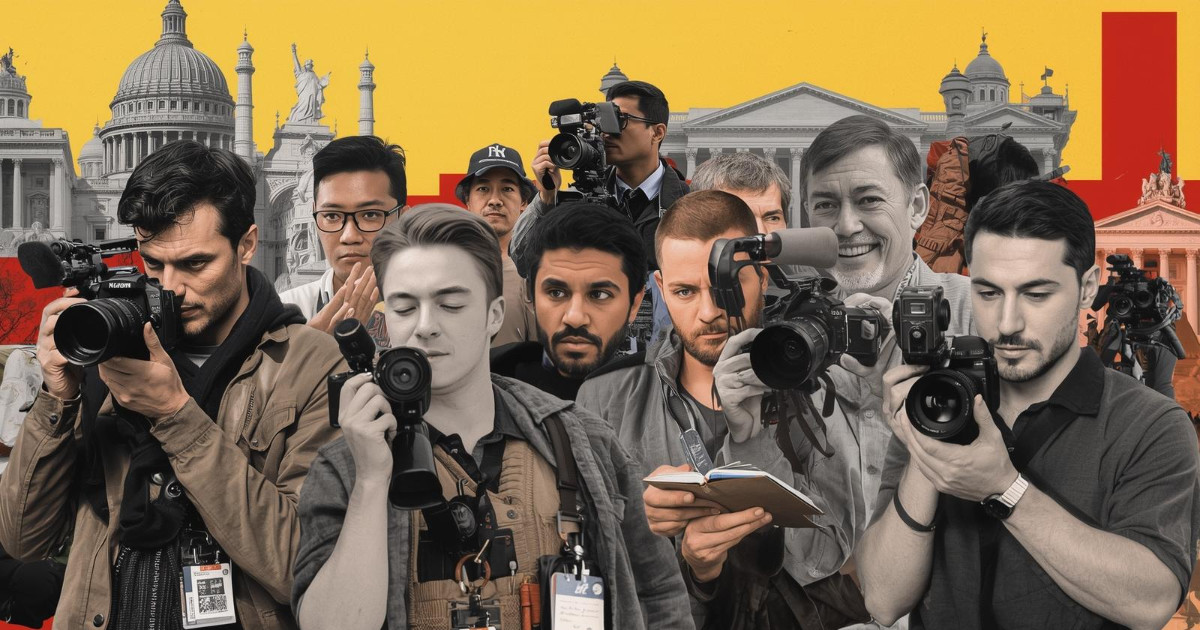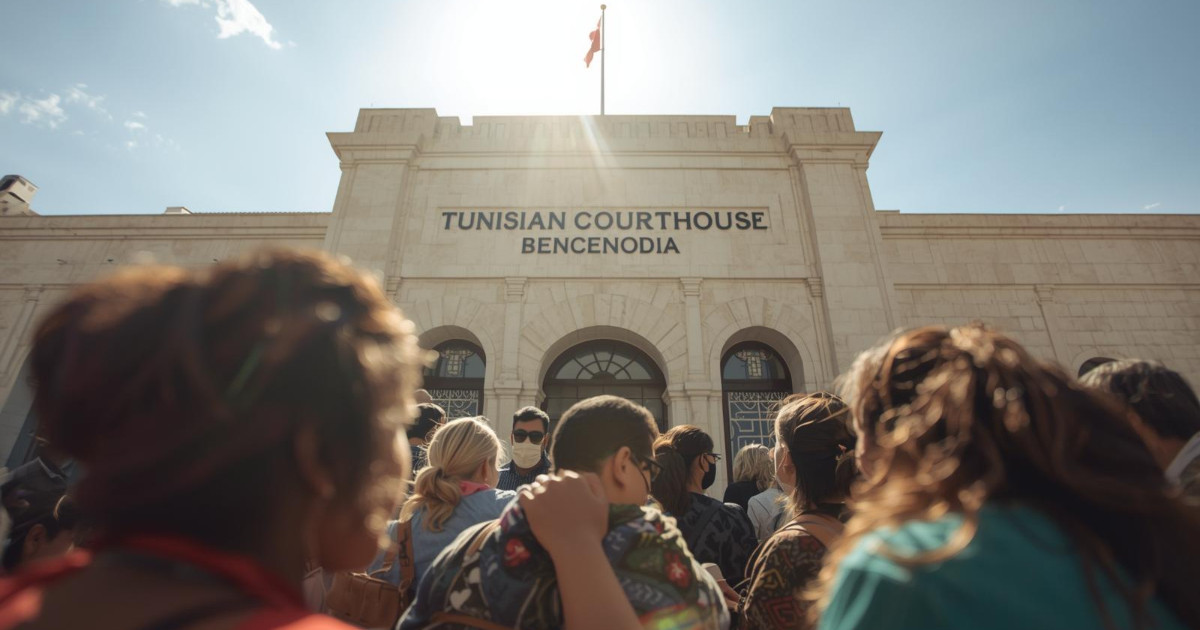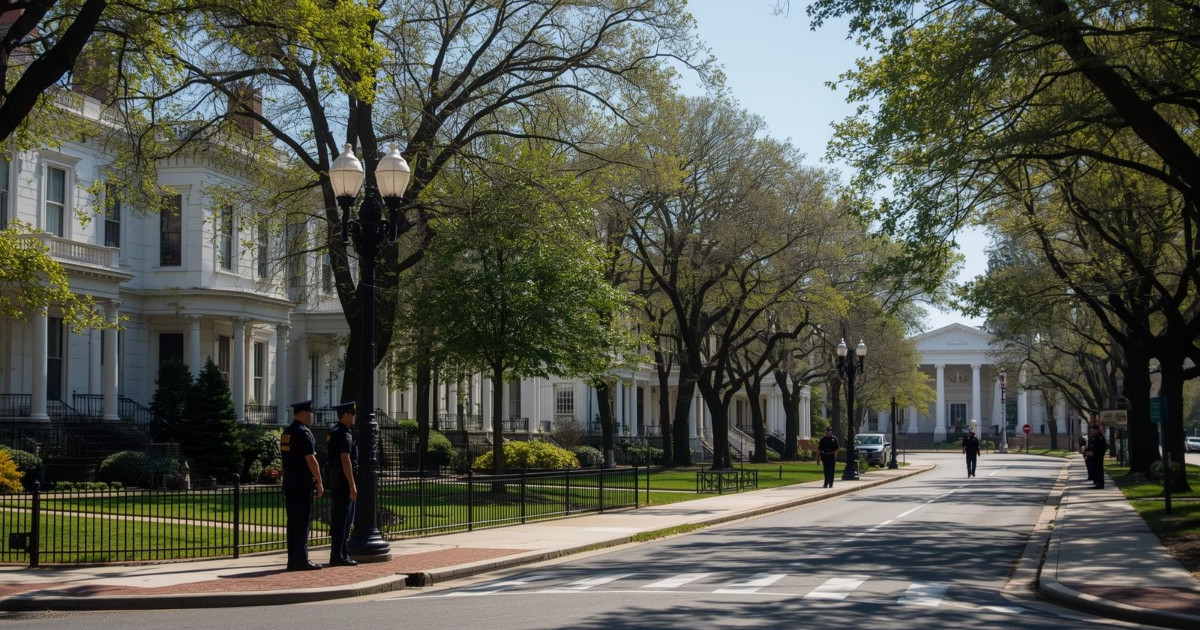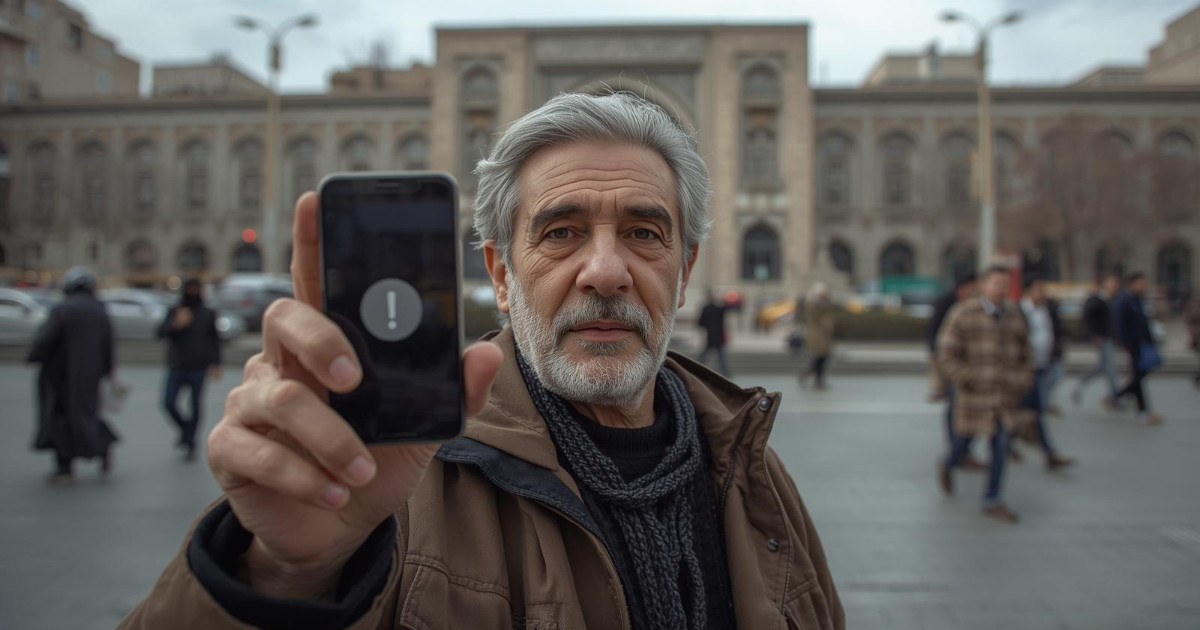21,000 journalists swarm into London
JournalismPakistan.com | Published: 17 July 2012
Join our WhatsApp channel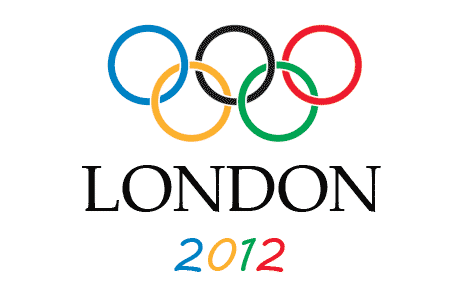
With less than two weeks before the Olympic Games, around 21,000 accredited journalists are arriving in London to cover the event. Broadcasters including the BBC and NBC are expanding live, online and 3D coverage, backed by large production teams and new streaming options.Summary
LONDON: With less than two weeks to go before the Olympic Games, hordes of competitors are pouring into London from across the globe and limbering up — but they’re not athletes.
Promising coverage on an unprecedented scale and record-breaking use of social media, the 21,000 journalists, photographers, cameramen and technicians will in fact be twice as numerous as the athletes they are covering. The BBC, Britain’s official Olympic broadcaster, will offer up 2,500 hours of live coverage and “more online and mobile services than ever before”.
“This will be the first truly ‘Digital Olympics’, with the BBC offering viewers the most comprehensive coverage of an Olympic Games ever,” the public broadcaster said. With 765 staff accredited for the Games, the BBC’s team will be a third bigger than the one it sent to the Beijing Olympics in 2008.
The broadcaster’s Facebook page will stream the TV coverage live for the first time, and in a second innovation, viewers with 3D televisions will be able to watch athletes lurching off the screen into their living rooms. The BBC will show the opening and closing ceremonies in 3D along with nightly highlights.
The men’s 100m finals will be the only sporting event shown live in the format. NBC, the Games’ broadcaster in the United States, is also planning to air more than 200 hours of 3D coverage with a next-day delay. The US giant is sending a 2,700-strong team to London to produce at least 5,500 hours of coverage across several channels.
And in another first, its website is set to broadcast every sporting event live. “This will be the most comprehensively covered event in television history,” said Mark Lazarus, NBC Sports Group chairman.
Of the international news agencies, Agence France-Presse will deploy a multilingual team of around 150 text, photo and video journalists to the British capital, plus 30 journalists from its German subsidiary SID.
The US newswire Associated Press will have around 200 staff on the ground, while Yahoo!, the US website which aggregates news articles and agency dispatches, will send 26 journalists — 10 more than it sent to Beijing.
In addition to the 21,000 “accredited” journalists reporting from the venues, between 6,000 and 8,000 of their colleagues are due in London to cover the “non-sport” aspects of the Games, from transport to security.
Games organizers have built two huge press centres at the heart of the Olympic Park in east London, with state of the art IT facilities and a miniature “high street” designed to cater for their occupants’ every need. Banks, newsagents and a post office have been set up, along with a gym, grocery store, hair salon and medical centre.
Stressed reporters can even relax at their very own massage parlour. “The media are with us for such a long time, and they’re working such long hours,” said Mandy Keegan, manager of the Main Press Centre. “They don’t have the opportunity to live normal lives while they’re here, so we aim to provide all of those services,” she told AFP.
A 4,000-seater restaurant will serve some 480,000 meals to journalists — with a broad international menu reflecting their 190 different home countries — along with 1.6 million cups of tea and coffee. Journalists working into the small hours, meanwhile, will be able to order pizza and beer directly to their desks. Keegan wants journalists to be comfortable — but not too comfortable.
“At previous Games there have always been reports of people sleeping in the media centre,” she said. “We want to avoid that.” St Bride’s church on central London’s Fleet Street, once the legendary home of Britain’s newspapers, is offering a bed to around a dozen cash-strapped journalists from countries including Togo, Croatia and Romania.
On the technical side, British Telecom (BT) has the formidable task of maintaining the Internet and telephone networks that the thousands of journalists will depend upon. The company predicts that at the busiest times, some 60 gigabytes of information — equivalent to 3,000 photographs — will travel across the Olympic Park’s network every second.
After slow Internet connections left many journalists frustrated in Beijing, BT have pledged a network capacity four times bigger than that of 2008.- AFP
KEY POINTS:
- Around 21,000 accredited media personnel will cover the Olympics in London, outnumbering the athletes.
- The BBC plans 2,500 hours of live coverage with expanded online and mobile services, including some 3D programming.
- NBC is sending about 2,700 staff and aims to produce at least 5,500 hours of coverage across multiple channels.
- News agencies including AFP and AP are deploying large teams, while Yahoo! is also increasing its on-ground presence.
- An additional 6,000–8,000 journalists are expected to cover non-sport issues such as transport and security.








